
GIVE THIS RAMADAN
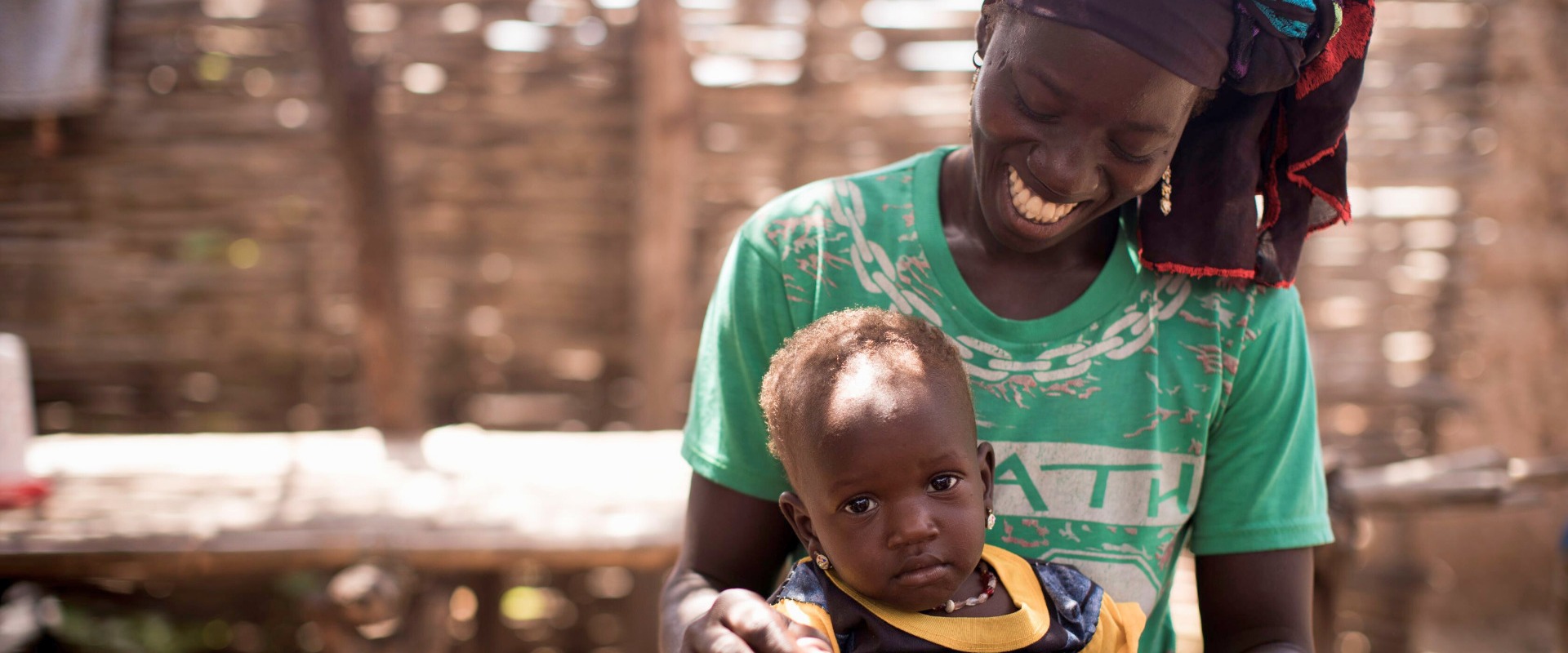
As malnutrition rates around the world continue to soar, breastfeeding remains a critical tool to help babies and young mothers meet their nutritional needs.
Breastfeeding puts babies on a path to healthy development by providing optimal nutrition and helping them to develop a strong immune system. It also protects mothers from diabetes, heart disease, and certain cancers and helps to strengthen the emotional bond between mother and child. Additionally, breastfeeding saves families the money they might spend on formula and eliminates the risk of exposing infants to contaminated water, making it a safer, more economical choice.
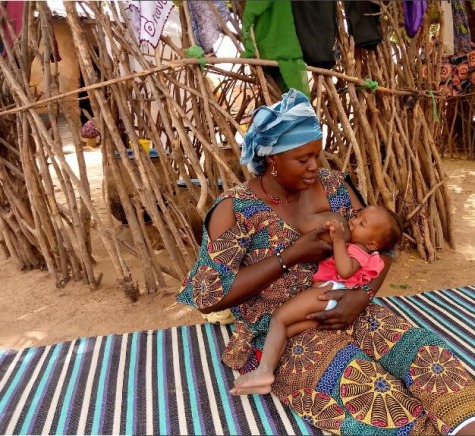
The World Health Organization considers breastfeeding one of the most effective ways to ensure child health and survival and recommends exclusive breastfeeding until six months of age.
However, lack of access to healthcare services, information, and safe spaces makes breastfeeding difficult for many women.
In many of the world’s poorest countries, it is common for mothers and caregivers to feed infants under the age of six months water or solid food in addition to breastmilk. Giving six-month-olds solid food or liquid, which their delicate developing systems cannot absorb or digest, is unsafe and can cause diarrhea. This can contribute to the development of malnutrition, weakening their immune systems and putting them at higher risk of death and serious illness.
That’s why promoting breastfeeding- along with broader infant and young child feeding best practices – is core to our nutrition and health programs.
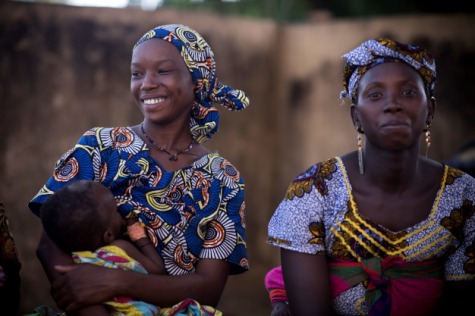
In Mali, where chronic malnutrition is a severe public health problem, we’re working to spread awareness of the importance of breastfeeding to promote good nutrition.
Through the “Integrated Management against Chronic Malnutrition in Mali” project, funded by Global Affairs Canada, we’re hosting educational sessions with mothers and caregivers to teach them about the benefits of breastfeeding and proper feeding practices for their babies and young children.
The project has increased rates of exclusive breastfeeding among mothers in the region and helped to address misconceptions about the safety and efficacy of breastfeeding and to build healthy dialogue among community members.
This training was organized as part of the Integrated Fight Against Chronic Malnutrition in Mali project, funded by Global Affairs Canada. This project aims to sustainably improve the nutritional status of children under five and women of reproductive age. The five-year project will address three major causes of chronic malnutrition: access to adequate care, a healthy environment and adequate nutrition.
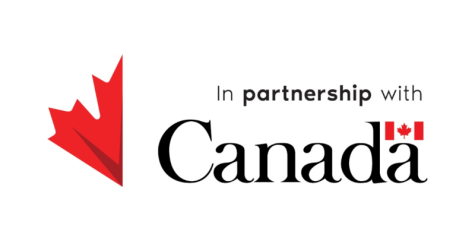
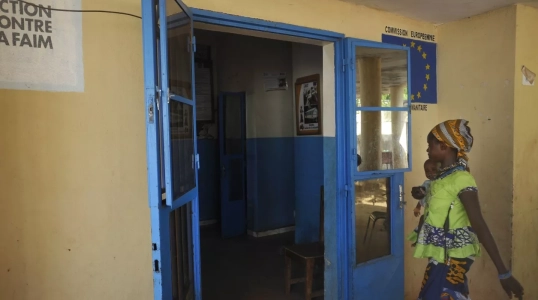
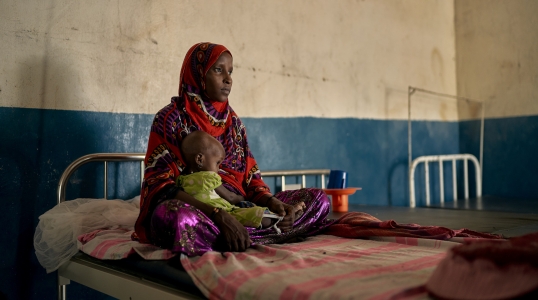
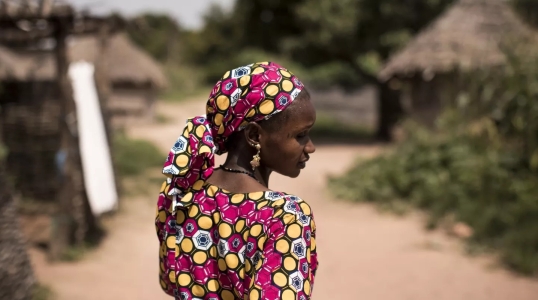
Join our community of supporters passionate about ending world hunger.